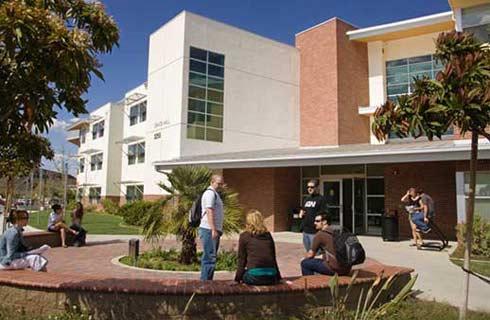课程简介
Established in 1995, the rehabilitation counseling education program at Illinois Tech is designed to prepare leaders in the field of rehabilitation counseling at the highest level of training. Illinois Tech faculty view rehabilitation counseling as a specialized area of professional counseling practice in which the major goal is to assist a person with a disability or chronic illness to move to psychological and economic independence. <br><br>Students will develop their teaching skills through curriculum development, course instruction, and clinical supervision of master's degree students in our distinguished program. Such training begins in the first year working with faculty on their research projects and continues up to conducting their own research.<br><br>Mission and Objectives<br><br>Rehabilitation counseling educators train prospective counselors to assist a diverse group of people who experience chronic illness, disability andor mental and emotional concerns across the lifespan. The mission of the Rehabilitation Counseling Education program (RCEP) at Illinois Tech is to offer a student-focused and research-based curriculum that prepares doctoral-level students to become professional counselor educators who are trained to perform advanced-level counseling, post-secondary teaching, clinical supervision, research, scholarship, leadership, and advocacy activities.<br><br>Before students graduate, they must have demonstrated learning and competence in the following foundational areas:<br><br>Professional, ethical and legal considerations that influence the practice of rehabilitation and mental health counseling<br>Multicultural competencies<br>Theories of human growth and development, including medical and psychological implications of chronic illness and disability, substance abuse, trauma, and the potential for coexistence with other disorders<br>Theories and models for career development including employment trends, career counseling, and job demands in a dynamic twenty-first century workforce<br>Rehabilitation and mental health counseling theory, history, philosophy, and evidence-based interventions<br>Research and program evaluation, including critical evaluation of research, research design, data analysis, and research dissemination<br>Competencies in clinical supervision, including knowledge of theoretical frameworks and models of supervision<br>Teaching methods and responsibilities, including curriculum design, student assessment, and theories of adult learning<br>Competencies in leadership and advocacy
展开




































